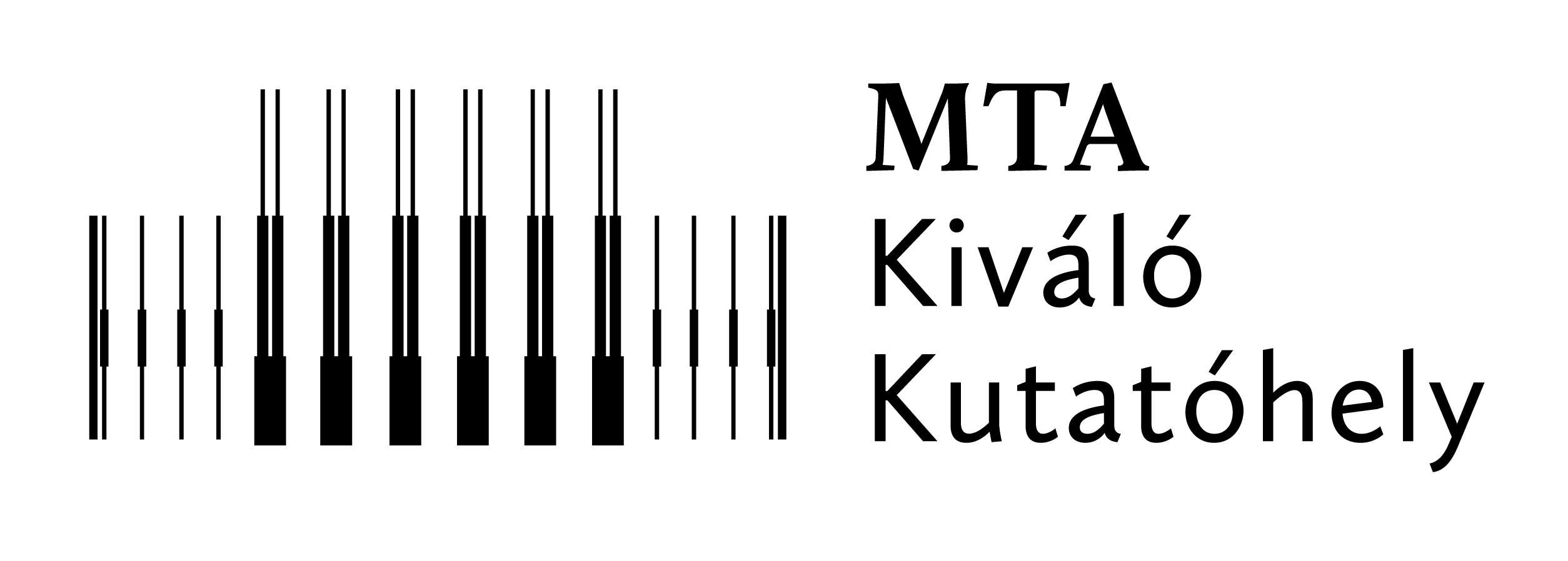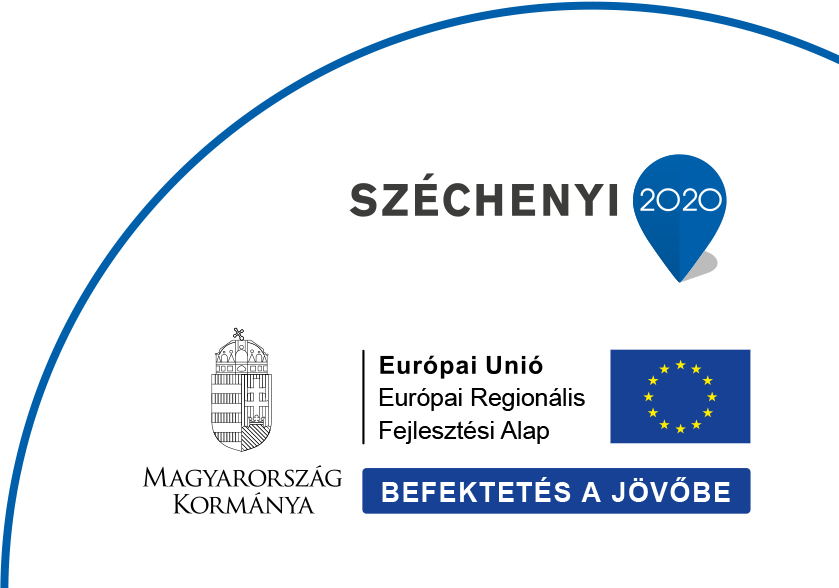Előadó: Beke Dávid (SZFI)
Az előadás témája: Room-temperature defect qubits in ultrasmall silicon carbide nanocrystals
Az előadás időpontja: 2021. március 23., 10 óra
Helyszín: videokonferencia, Microsoft Teams, https://teams.microsoft.com/l/meetup-join/19%3ace423c05cd1543ab9f9905886590ad69%40thread.tacv2/1616060313773?context=%7b%22Tid%22%3a%224d7ddeef-14ff-4911-8c11-401c69384d77%22%2c%22Oid%22%3a%22969d2d4a-5ba8-43f1-bd69-93f0998b025f%22%7d
Összefoglaló:
There is an urgent quest for room temperature qubits in nanometer-sized, ultrasmall nanocrystals for quantum sensing, hyperpolarization of biomolecules, and quantum information processing. Although the preparation of ultrasmall nanoparticles hosting stable qubits is appealing, the creation of such systems is remaining a challenge. The lack of a suitable synthesis technique may be related, besides surface and crystal reconstruction, to the mechanism of qubit formation in nanoparticles below 10 nm. Qubits in small nanoparticles are often created by irradiation techniques and subsequent annealing, and then they are milled or laser-ablated into smaller crystals. The yield of the vacancies in these nanocrystals below 10 nm falls on the ppm level in most of the time. We developed a chemical synthesis method that avoids any invasive materials fabrication processes and interaction of the solid with high-energy particle by using self-propagated high-temperature synthesis with subsequent electrochemical method, the no-photon exciton generation chemistry to produce room-temperature qubits in ultrasmall nanocrystals of sizes down to 3 nanometers with high yield. We demonstrate room-temperature optically detected magnetic resonance signal of divacancy qubits with emission wavelengths falling in the second biological window (1000-1380 nm).



